#ThinkpieceThursday – Writing A Character’s Journey Out Of Order
Continue reading#ThinkpieceThursday – Katy Perry’s Inappropriate Kiss
#ThinkpieceThursday – “No thanks” means “No”. #MeToo applies to everyone.
Continue reading#TypesTuesday – Poirot and House: One and the Same?
#TypesTuesday – Two Power of Reason Detectives, both abrasive!
Continue reading#ThinkpieceThursday – Where are the Women?
#ThinkpieceThursday – Split Best Director
Continue reading#TypesTuesday – The Good Place
#TypesTuesday – Moral Quandaries are Power of Love Dilemmas
Continue reading#ThinkpieceThursday- Bojack Horseman: Can a character truly be beyond redemption?
#ThinkpieceThursday – Can a character ever truly be irredeemable?
Continue reading#ThinkpieceThursday – Crafting Characters In Documentaries
#ThinkpieceThursday – Documentaries must Craft Characters
Continue reading#ThinkpieceThursday – Creating Characters for Wrestling Shows
#ThinkpieceThursday – Characterization in Wrestling
Continue reading#TypesTuesday – Actors as Character Types: Kyle Chandler
#TypesTuesday – Kyle Chandler is the go-to guy for Power of Conscience
Continue reading#TypesTuesday – The Punisher and Power of Conscience
#TypesTuesday – The Darkest Side of Power of Conscience
Continue reading#MondayMusings – 2017 Review
#MondayMusings – My review of the year
Continue reading#ThinkpieceThursday – American Adaptations
#ThinkpieceThursday – Super Size Me mentality ruins American Adaptations
Continue reading#ThinkpieceThursday – Why I Kept Watching Downton Abbey
#ThinkpieceThursday – You can love something even if it’s not very good
Continue reading#TypesTuesday – Luther: Power of Reason or Power of Will?
#TypesTuesday – Power of Reason and Power of Will can be easily confused
Continue reading#TypesTuesday – The Defenders: The Appeal of Crossovers
#TypesTuesday – There’s nothing like getting the team together
Continue reading#TypesTuesday – It’s Always Sunny In Philadelphia: Crabs in a Barrel
#TypesTuesday – The Paddy’s Pub Gang are Crabs in a Barrel
Continue reading#TypesTuesday – Three Silent Greats
#TypesTuesday – Action Speaks Louder than Words
Continue reading#TypesTuesday – Power of Reason Facing Horror
#TypesTuesday – The definition of horror is a loss of hope
Continue reading#TypesTuesday – Community and Interdependent Characters
#TypesTuesday – Ensembles work best when each character relies on the others
Continue readingReading ‘N’ Writing
#BeFabFriday – If you want to write well, then you have to read.
Continue readingGenre Is Meaningless
#ThinkpieceThursday – Chinatown and Apocalypse Now are the same film
Continue reading#TypesTuesday – Rick & Morty: Excitement and Imagination
#TypesTuesday – Different character types at odds with each other create plot
Continue reading#BeFabFriday – Pursuit of Perfection is Pointless
#BeFabFriday – Don’t let the perfect stand in the way of the good
Continue reading#ThrowbackThursday- Aardman, Bristol and Me
#ThrowbackThursday – Why I moved to Bristol
Continue reading#TypesTuesday – Doctor Who: 1 Character, 9 Types
#TypesTuesday – Doctor Who Is One Character Who Has Been Every Type
Continue reading#ThinkpieceThursday – 30 Something Turns 30
#ThinkpieceThursday – A seminal show turns 30… Where is the follow up?
Continue reading#TypesTuesday – Nathan For You and Power of Ambition
#TypesTuesday – A Scripted Character Arc Happening Alongside Real People
Continue reading#MondayMusings – Scandi Noir & Casting
#MondayMusings – Scandi Noir and Casting : No “Hollywood Teeth
Continue reading#ThinkpieceThursday – CBS’ Salvation: It’s Never About The Asteroid
#ThinkpieceThursday – We care most about the characters, not the predicament
Continue readingMythic Heroes – Power of Imagination
#TypesTuesday – Move off the emotional playing field at your peril
Continue readingCoincidence Tanks Top of the Lake: China Girl
#ThinkpieceThursday – Contrived coincidences make Top of the Lake: China Girl lose credibility
Continue readingBatman v Sherlock: Comparing Reason and Truth
#TypesTuesday – Batman vs Sherlock Holmes
Continue readingDocs and Drinks on British TV
#ThinkpieceThursday – Drinking as a dramatic story point in BBC Doctor shows
Continue readingGame of Thrones – Action and Consequence
#ThinkpieceThursday – Actions must always have consequences
Continue readingDestructive Lovers
#ThinkpieceThursday – Character Types affect relationships as well as individuals
Continue readingSense8’s Lito Rodriguez – Power of Ambition
#TypesTuesday – What is the meaning of success?
Continue readingCelebrity Chefs & Character Types
#TypesTuesday – How do you make each character a unique individual?
Continue readingTywin Lannister – Power of Will
#TypesTuesday – Power of Will characters pounce decisively on the weakness of others
Continue readingTurning Loss into Action
Any major loss a character experiences yields rich story opportunities.
Continue readingDetectives and The Power of Truth
Is it possible to fully know or understand the mysteries of the human heart?
Continue readingWhy is the Cop on the Job?
“Why” cops do what they are do and “Why” they are affected by the job
Continue readingIn Italy with RAI Television
#MondayMusings – What the main character wants is a clear and simple ego-driven goal.
Continue readingChildren’s Media Conference 2014
Leading children’s media event to host Waterstones Children’s Laureate
Continue readingWhat do Olivia Pope, Nicholas Brody, and Birgitte Nyborg have in common?
#TypesTuesday – Power of Conscience characters fear not living up to their own standards.
Continue readingAdvice from Script Lab on Scenes
#WritingAdviceWednesday – Great short tip on the key to a wonderful scene.
Continue readingDexter Finale vs The Breaking Bad Finale
The difference between the Dexter series finale and the Breaking Bad series finale is the difference between exposition and revelation.
Continue readingCasualty
There are a number of ways to approach being in the medical profession in a drama.
Continue readingPower and Game of Thrones
The Game of Throne brings its relationships to life with complex characters that have a specific point of view and whose actions are always consistent with their particular way of looking at the world, their role in the world, and their philosophy of life, love, and power.
Continue readingChildren’s Media Conference in Sheffield UK
If you are interested in family programming The Children’s Media Conference is for you.
Continue readingVintage Cop Shows – Why Is The Cop On The Job?
“How” a crime is solved is so much less important than “Why” the cops are doing what they are doing and “Why” they are affected by the job. If there is no “Why” it’s just cops going through the motions.
Continue readingFollow me on Pinterest
Follow my collection of Character Type examples on Pinterest
Continue readingHow to Evaluate Stories
How to Evaluate Stories is a great little guide to finding story problems and fixing them fast!
Continue readingThe Bachelor – The Power of Love
I am not particularly a fan of The Bachelor but I was struck by this article on the current season. It’s such an apt description of the Power of Love character. These Character Types are the ultimate seducers.
Continue readingModern Day Sherlock Holmes on the BBC
Sherlock Holmes is indeed a Power of Reason character– Everything can be explained/deduced rationally and logically. “It’s elementary, my dear Watson.”
Continue readingSkins: No Consequences
#ThinkpieceThursday – Dramas that don’t work often don’t attach a price to the choices a character makes.
Continue readingMad Men – Emmy Winner
Mad Men won 2010 Emmy Awards for Outstanding Drama Series and Outstanding Writing in a Drama Series. The show is about the world of advertising; a world of illusion, sleight of hand and outright deception. It is a quintessential Power of Truth story and is anchored by a wonderful Power of Truth protagonist, Don Draper/Dick Whitman (Jon Hamm).
Continue readingAdvice from David Mamet
I stumbled on a great letter David Mamet wrote to the writers of The Unit. It’s really useful advice for any writer of any script in any genre.
Continue readingThe TV Economic Model Changing
The future is arriving faster that anyone expected. It is playing out in the biggest pay-TV provider, Comcast’s takeover of NBC and Rupert Murdock’s battle with Time Warner cable.
Continue readingStorytelling In The Digital Age: Gary Carter
I’ve had the great opportunity to work with Gary Carter, Chief Operating Officer and Chief Creative Officer of Fremantle’s experimental division, FMX. I’ve worked with him on the broadcast side of FremantleMedia’s business. FMX is the division that is working with me on my online drama and interactive website.
Continue readingHow Not To Write Online
Here are my observations about a very spectacular public online series failure: Quarterlife. These are the take-aways from my analysis of the series created by Marshall Herskovitz and Edward Zwick
Continue readingThe Switch to Online Viewing
Common among many who have cut the cord is a sense of rebellion, not against TV but against service providers. They believe their way of watching represents the future of TV — online and on demand.
Continue readingWriter Access Project
The Writer Access Project is designed to identify excellent diverse writers with television experience and to bring these writers’ scripts to the attention of showrunners, creative executives and agents for consideration during staffing season. Info here.
Continue readingBill Mechanic’s Speech on Indie Film
Bill Mechanic’s speech about the Business of the Business producing films.
Continue readingCougar Town – When a Character Doesn’t Ring True
Cortney Cox’s character is is poorly defined, cartoonish and utterly inauthentic. She acts like a thirty-year old Judd Apatow guy trapped in a one-note joke about being desperate but clumsy in the attempt to get laid.
Continue readingProject Runway – Power of Love
Anyone looking to develop a compelling male Power of Love character would do well to take a look at Tim Gunn in action on Project Runway.
Continue readingBurn Notice & The Mentalist – Power of Truth
#TypesTuesday – Power of Truth characters are driven to look beneath the surface of things.
Continue readingHank Hill – Power of Conscience
#TypesTuesday – Animated series offer an interesting view into character development.
Continue readingShelley Long – Power of Conscience
#TypesTuesday – Diane Chambers is a repressed, uptight Power of Conscience character.
Continue readingHow The Emmy Got Its Name
Here is how the television Emmy award was named.
Continue reading2009 Emmy Nominee Analysis
Each Emmy nominated show has a clear, sharply defined protagonist at the heart of its story. Here’s a look at each Character Type.
Continue readingLand of The Lost – Power of Reason
#TypesTuesday – Any character, regardless of type, can be an idiot or a genius.
Continue readingBones – Reason & Love
These two characters exchange gifts to complement and complete each other. These gifts are personality traits missing in the other, differing points of view necessary to solving the case and critical skills or abilities lacking in their partner.
Continue readingSister Rose on Without A Trace
 The television series, Without a Trace, is a classic Power of Truth story. A good friend, Sister Rose Pacatte, wrote about a recent episode “Miracle Worker” in her blog. http://sisterrose.wordpress.com/
The television series, Without a Trace, is a classic Power of Truth story. A good friend, Sister Rose Pacatte, wrote about a recent episode “Miracle Worker” in her blog. http://sisterrose.wordpress.com/
My comments about her post are in (parenthesis).
Sister Rose writes:
Did you see Without a Trace last night? I thought it was extraordinary – about a weeping statue in a pub, the people who find it, and an authentic and touching look at sadness, faith, lack of faith, doubt, hope, love and mercy.
(Laurie: This episode explored profound Power of Truth questions like: Who can I trust? Did I see what I thought I saw? What is really going on here? Who is hiding something? Am I being deceived? What do I really believe? How can I be absolutely certain? What does it all mean?)
Using the statue (character) of St. Therese, a French Carmelite nun (1873 – 1897) in the episode was so appropriate because she had her own dark night of the soul and she is known for this. The episode, entitled “Miracle Worker”, was a story with layers of dark nights for some of the usual characters (especially Jack played by Anthony La Paglia and Samantha played by Poppy Montgomery) and a teenage girl, her uncle and her father.
The mercy and rays of light that come from faith and wanting to believe play out in very believable ways. It is a complex episode that was deftly written and rendered. I think this long-running show, now in its 7th season (CBS, Tuesdays, 10pm) deserves thoughtful attention because of its consistently human and catholic themes (little “c” and sometimes big “C”). This episode offers much to talk about around the water cooler – and in sermons and homilies too.
“Miracle Worker” is a perfect example of the sacramentality of television and cinema stories: the outward expression of inner realities.
A friend of mine who is a spiritual director told me back in 2002 that she thought Without a Trace is a Good Shepherd show: the FBI characters, despite their flaws, go in search of the lost, often at great personal cost. As they search for others, they search for their own core self, for meaning that transcends their lives.
(Laurie: This classic Power of Truth narrative territory. These stories begin with a obvious question, mystery or crime. During the course of the investigation a larger truth is revealed. In this case, about faith or the lack thereof. In the end, the investigator discovers some truth about him or herself).
Last night’s “Without a Trace” was Episode 12: “Miracle Worker”. I couldn’t find the entire episode online but there are clips. It may run again on Saturday: http://www.cbs.com/primetime/without_a_trace/
(Laurie: Thanks Sister Rose for permission to reprint your post.)
Mad Men – Art vs Commerce
Mad Men has had wide-spread critical acclaim, won numerous awards and has become a cultural reference– but it has a very small audience. This struggle between art vs commerce and high brow vs low prestige mass entertainment is a dilemma writers and producers wrestle with continually.
Continue readingUgly Betty – 2008 Premiere Disappointment
The show premiered only marginally up from its low of last season. Here’s what I believe went wrong with the season premiere (and what danger signs it sends for the rest of season three).
Continue readingRaising the Bar – Not Bochco at His Best
The audience needs to be actively concerned about a character’s sanity, safety or soul to be truly engaged.
Continue readingValues at Stake – Film
The obstacles in a film or television series should create the kind of risk, peril or danger that pushes the character to take actions that define what is most fundamentally important or true in a character’s life.
Continue readingValues at Stake – Televison
A character should be forced to make a stark, definitive and active choice. As one value is ultimately chosen, the character finally negates or surrenders the other contrasting value. What price is paid for the character’s choice?
Continue reading#TypesTuesday – Mad Men and Power of Truth
#TypesTuesday – Stories that are about issues of loyalty and betrayal.
Continue readingUgly Betty
 A Successful and Proven Format
A Successful and Proven Format
The Ugly Betty (Yo soy, Betty la Fea) telenovela has translated successfully around the world and the recent American version garnered Golden Globe, People’s Choice, and Writers Guild Awards for best new series as well as a best actress Golden Globe for America Ferrera.
What makes the Ugly Betty format so successful with audiences world-wide? How can the US show avoid the story problems and resulting audience downturn that bedeviled the equally popular Lost and Desperate Housewives in their second seasons? This month I’ll look at the challenges Ugly Betty faces going forward.
Ugly Betty (Yo soy, Betty la Fea) is about the two lives of Betty Suarez, a bright but beauty challenged college graduate. She lands a job with the ultra slick Mode Magazine in New York City but lives with her struggling Mexican-American family in Queens. Betty commutes between these two very different worlds.
The Danger: Repeating the Mistakes of Lost and Desperate Housewives
Lost and Desperate Housewives were also highly original shows on ABC that had acclaimed premiere seasons. In the second season neither show stayed true to the essential story elements that initially captivated viewers. Straying from their emotional cores defused the power of each show. As a result, each show lost viewers and dropped in the ratings in its second season.
Is Ugly Betty in danger of repeating that mistake as its first season draws to a close? What are the first signs of this potentially problematic trend?
According to Nielsen numbers, the pilot started the show off at a high of 16.09 million viewers. Ugly Betty then settled comfortably into the 13+ million to 14+ million viewer range. In the last four episodes viewers have slid generally downward, dipping to 10.80, to 10.50, and 9.5 million viewers respectively then up slightly to 9.6 million viewers.
Does this signal growing dissatisfaction as viewers tune out? Why might the audience be disengaging from the show? How can this be corrected? Here is my analysis:
1. Identify the Classic Story Elements
Betty is portrayed as a Power of Love character in the series. (In my view of television and film there are Nine Character Types, each with their own internal values, worldviews and emotional journeys.) Stories driven by the Power of Love (and all love stories, romantic and otherwise) are about assimilation.
Immigration stories are also assimilation stories: whether it is a story of Algerian immigrants in France, Indian families in Britain, Mexican immigrants in the US, or rural workers migrating to city jobs in China. These stories start the same way all love stories start— the two parties can’t stand each other! They view each other with mutual dislike and suspicion.
There is a clash of cultures, attitudes and beliefs. Each party fears the other will somehow overwhelm or destroy their core identity. This is what is at issue with banning of Muslim headscarves in France, controversies about Spanish language usage in the US and economic turmoil in China.
Power of Love stories ask, as Ugly Betty asks: How much must I change, adjust or compromise to accommodate you (or to fit into your culture) before I totally lose myself? How much can I demand that you adjust, change or compromise to accommodate me, before you lose who you are?
In Ugly Betty our heroine enters the epitome of Anglo culture and its defining arbiter of beauty and success, Mode Magazine. She comes armed with her Mexican immigrant values of family, community, hard work and sacrifice. Two sets of cultures, attitudes and beliefs immediately are at war.
Over the course of an assimilation story (or a love story) the parties are continually forced together and, as they are compelled to deal with each other, they exchange gifts. Each has something the other lacks or offers something new or really useful to the mix.
In Ugly Betty, Mode Magazine offers Betty a gateway into the dominant Anglo culture and all the success, status, wealth and acceptance that assimilation brings (the American Dream). Betty brings honesty, authenticity, devotion to family and real care for others to a world that has lost much of its heart and soul.
2. Sharpen the Central Focus
The central focus of Ugly Betty should be Betty herself. Supporting cast should do just that—support Betty’s story. The show is not about Daniel Meade’s (Eric Mabius) struggle to accept his brother’s new identity, Daniel’s desire to hold onto his position at Mode Magazine or a murder mystery. These storylines are only of interest if they push Betty’s story forward.
Every member of the audience looks at the world and sees himself or herself at its center. That’s why even ensemble shows should have one individual who is at the center of the story’s emotional universe. (Carrie Bradshaw, played by Sarah Jessica Parker in Sex and the City or Ray Barone, played by Ray Romano, in Everybody Loves Raymond). That person should define the world and the emotional playing field for all the other characters.
Betty is our heroine. The audience identifies her as the center of this story universe. Every plot line, dramatic twist or comedic situation should revolve around or reflect back on Betty. Each circumstance and situation should sharpen and clarify her essential dilemma and further illuminate her emotional journey. If a storyline does not do that it should be reframed or jettisoned as quickly as possible.
The transgender story of Alexis Meade, (Alexander Spencer Meade) played by Elizabeth Penn Payne currently is a distraction. As this story line pulls emotional focus away from Betty, the audience’s connection with her journey weakens and they begin to lose interest in the show. It doesn’t matter how outrageous, surprising, or interesting this storyline is, unless it reveals Betty’s journey more clearly, it is a diversion that dilutes the emotional focus of the show.
3. Clarify the Core Story Questions
All story elements in Ugly Betty should help to spotlight Betty’s internal conflict. The problems at issue for Betty are the classic quandaries in any Power of Love story (or any story about assimilation, romance or partnership). These questions are:
Who I am vs. Who you want me to be?
How much of myself should I change to be accepted or to get along with you?
How much should I expect you to change?
What happens if I grow and change too much?
What happens if I don’t grow and change enough?
Will others tolerate my transformation or reject me?
What will I sacrifice for love or friendship?
Will you still need (or love) me if you aren’t dependent on me?
How independent and self-sufficient should I be?
Mode will change Betty and Betty will change the people at Mode. How much can each change before their core identities are lost? As Betty changes how does this create conflict within herself and within her family, who may not recognize, like, or want to accept the changed Betty?
This transformational struggle is why we tune in. It is a story as old as time. It is the universal bedtime story about the country mouse and the city mouse. Once this process of change begins, things can never be as they were. You can’t unring the bell. You can’t go back again.
4. Aim for the Heart
One of the best things about Ugly Betty is also potentially its greatest weakness. Mode’s glamorous setting and outrageous style is a fresh and funny counterpoint to Betty’s struggling family and her working class world in Queens. Her warm, genuine and caring character is wonderfully showcased against the cold, artificial and ultra-competitive world of Mode.
A show’s tone is always a question of balance. Right now it seems that the balance is straying too far off the mark. Too high a premium seems to be placed on outrageous behavior and outlandish situations. When humor is based on situations, the situations have to continually get crazier to keep raising the stakes.
As the show becomes more flamboyant and more camp the tone threatens to overshadow and overwhelm the show’s sincerity and heart. Humor that is generated by extreme circumstances or bizarre situations doesn’t dig deep. It settles for the easy laugh and, over time, can seem cartoonish.
It is Betty the audience cares most about. Her appealing warmth, generosity and authenticity are the reasons the audience tunes in week after week. They want to know her better and are eager to see how it will all work out for her.
The tone and style of the show is only useful if it makes Betty seem more “real” and makes her personal dilemmas feel more urgent. Betty needs to drive the show and not merely react to the outrageous goings-on.
5. Amp Up Family Conflict
The comedy in the show should come from true conflict between the characters.. A huge opportunity is being missed in the Suarez household. Outside of a few brief confrontations, no one has any serious issues with each other. There are great potential battles to be fought in Queens.
When Betty leaves her working class neighborhood and enters the glamorous world of her professional career, her family is proud of her. But they must also be keenly aware that she is leaving them behind in the most fundamental way. Betty will inevitably be changed by her experiences. Even in the most loving families this change causes feelings of inadequacy, loss, rejection, resentment and jealousy in those left behind.
Changes in Betty should trigger changes in her family. What happens if Hilda, played by Ana Ortiz, or her son Justin, played by Mark Indelicato, steps up and takes Betty’s place in the family? Betty will feel those same feelings of inadequacy rejection, loss, resentment and jealousy her family is experiencing. Betty’s role in the family was always as a caregiver. What happens when the role passes to someone else—because she isn’t there to fill it? Who is Betty Suarez then?
It is a mistake to make the Suarez family Betty’s safe haven. It takes endless comedic possibilities off the table. Comedy comes from pain. (“If it don’t hurt it ain’t funny”). If Betty is beleaguered on all sides it makes her situation much more painful and much funnier. Comedy makes characters more vulnerable. Betty is not at risk enough with her family.
In general, acceptance comes much too easily in this family. The Suarez family is more tolerant and well adjusted than any family I’ve ever met. The audience’s families are much more difficult and dysfunctional. Comedy comes from conflict.
Acceptance in real families comes hard and at a very high emotional price. People really have to struggle to accept things, people or situations they don’t understand, didn’t plan for or didn’t want in the first place. The more the Suarez family struggles with acceptance issues between all members of the family the more painful and the funnier the story will be.
6. Strengthen the Pull of Queens
Betty needs a strong love interest in Queens. She needs to meet a man who represents all the things she would miss if she leaves the neighborhood lifestyle behind. This love interest should be an appealing, warm-hearted and a hunky kind of guy. He should also be the kind of guy who would feel tremendously uncomfortable and completely out-of-place in her professional world.
Arthur, played by Kevin Sussman, had the discomfort factor but he wasn’t a strong enough pull on Betty’s affections. He was geeky, jealous and unfaithful. Choosing her career and losing Arthur was never a heart-breakingly difficult choice for Betty.
What would happen if Betty met and fell in love with another neighborhood guy, a wonderful salt of the earth kind of man cast in her father’s mold? Losing a guy like that could be a heart-breakingly difficult choice. Such a man could represent a real threat to Betty’s professional aspirations and could provide a strong argument to find less demanding work closer to home.
Would Betty give up a wonderful loving marriage, children and a comfy Queens home of her own for a career at Mode? Would she try to have both? What happens if there is a crisis with Daniel and a crisis with the man she loved?
These choices could provide an endless source of conflict and comedy. Right now there are no strong, compelling and believable counter-forces pulling Betty away from Mode and back toward Queens. Betty’s new possible love interest, Henry, played by Christopher Gorham, pulls Betty toward the world of Mode, not away from it.
7. Make it Specific
The show seems to define the Suarez family generically as Latino. Very little is made of the fact that the family is Mexican-American. There are rich comedic possibilities to be mined in fully exploring the foibles and follies of that very particular identity. Why bland their background out?
Why be generic when you can be specific? What makes Mexican Americans funny as opposed to what makes Cubans, Puerto Ricans, Dominicans, Colombians or Guatemalans funny? Why not exploit the rivalries, prejudices, reputations and stereotypes that exist between diverse Spanish speaking people? Great writing is about specificity. A great comedic opportunity is being missed here. Even better– It is one that is fresh to network television.
8. Shore Up the Audience
Ugly Betty is a wonderful show that can easily reverse any potential downturn. The show can gracefully sidestep the mistakes that rattled Lost and Desperate Housewives second season ratings. What Ugly Betty needs to do is to fully explore the show’s fundamental story questions, keep Betty front and center in any plot twist or story complication, make the tone secondary to the show’s heart and fully mine all the natural conflict on both sides of Betty’s world. Do that and the audience will keep coming back for more next season and beyond.
A very successful long-running Power of Love story was Everybody Loves Raymond. In that show, Ray also moved between two worlds. He was pulled between the world of his childhood family (and his mother’s demands and expectations) and the world of his own adult family (and his wife’s demands and expectations). Raymond was besieged on both sides for almost 10 years. The show was one of the most critically acclaimed sit-coms of its time.
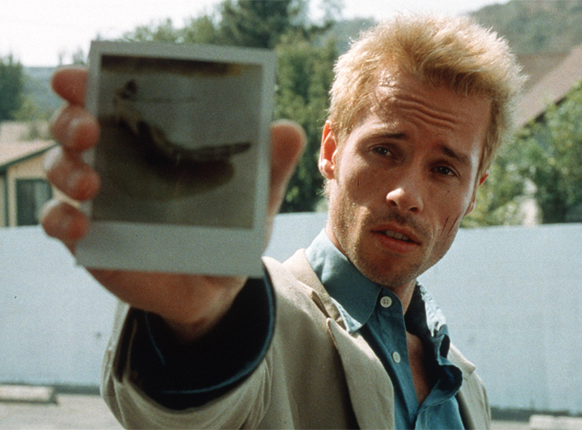
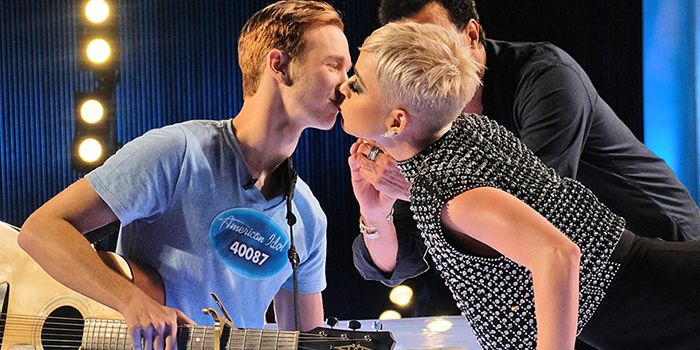
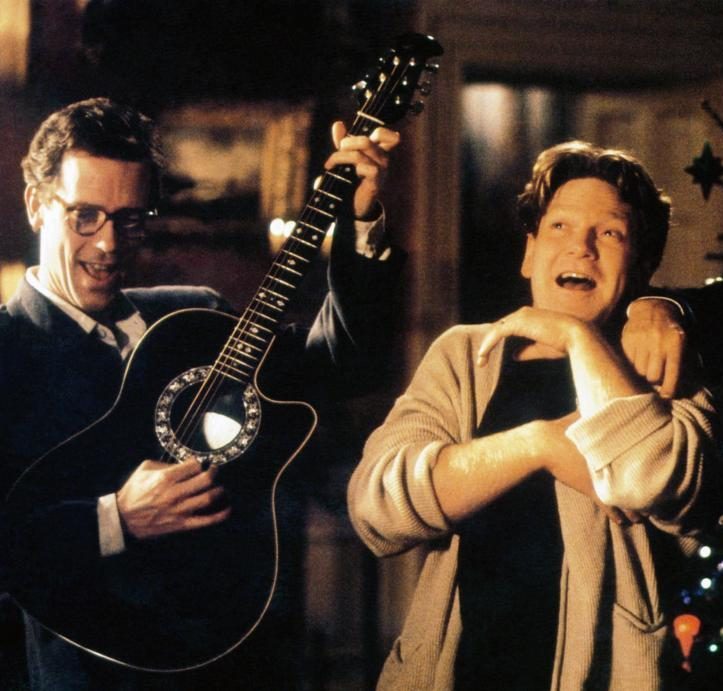

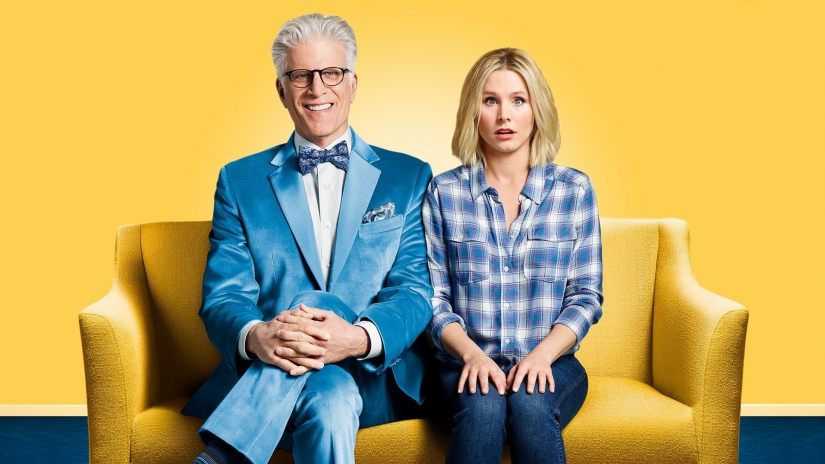
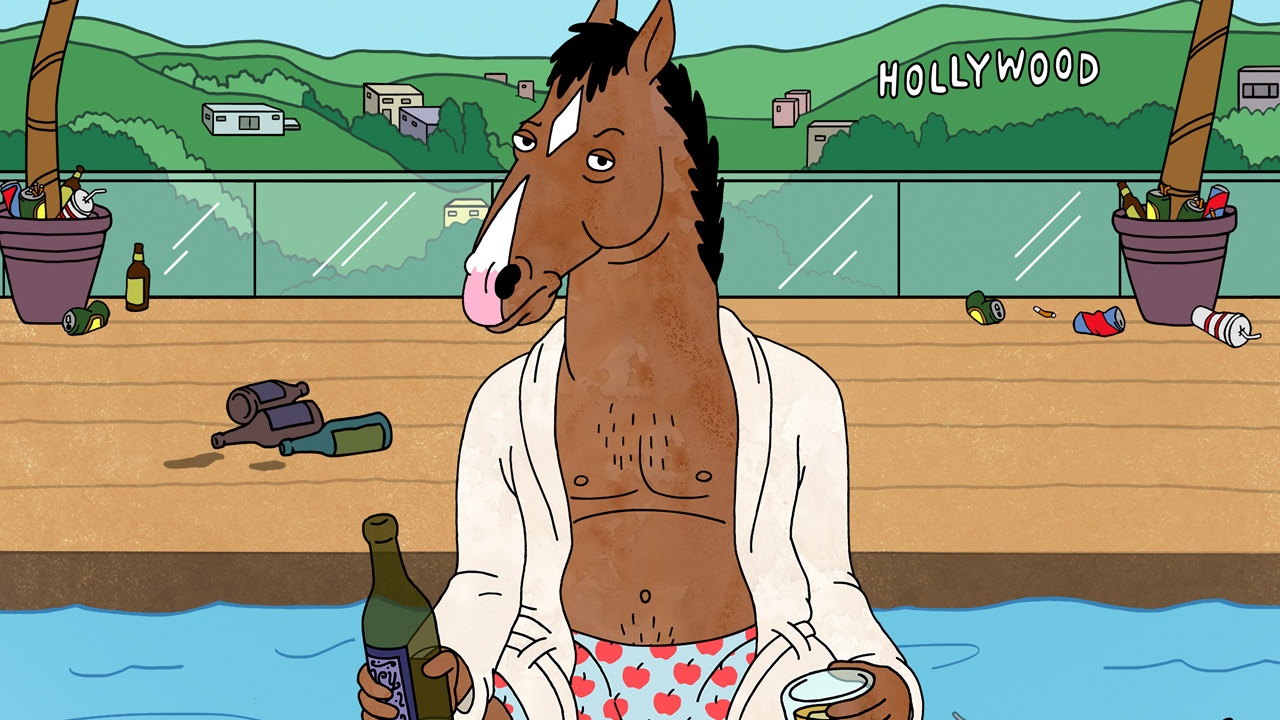
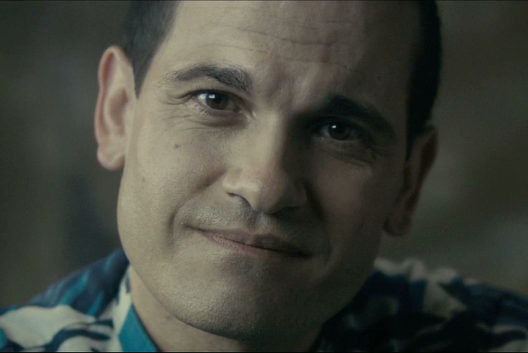
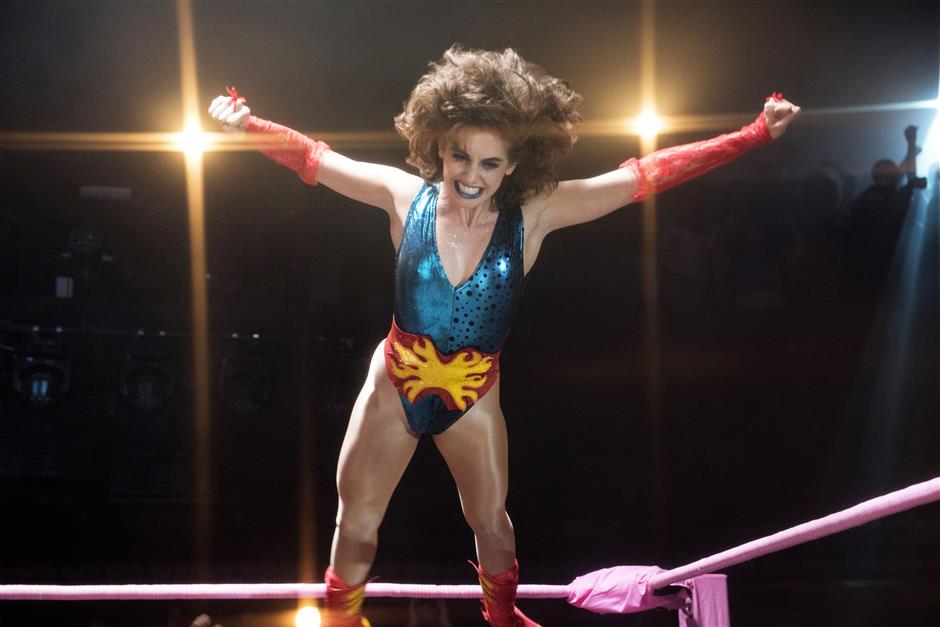
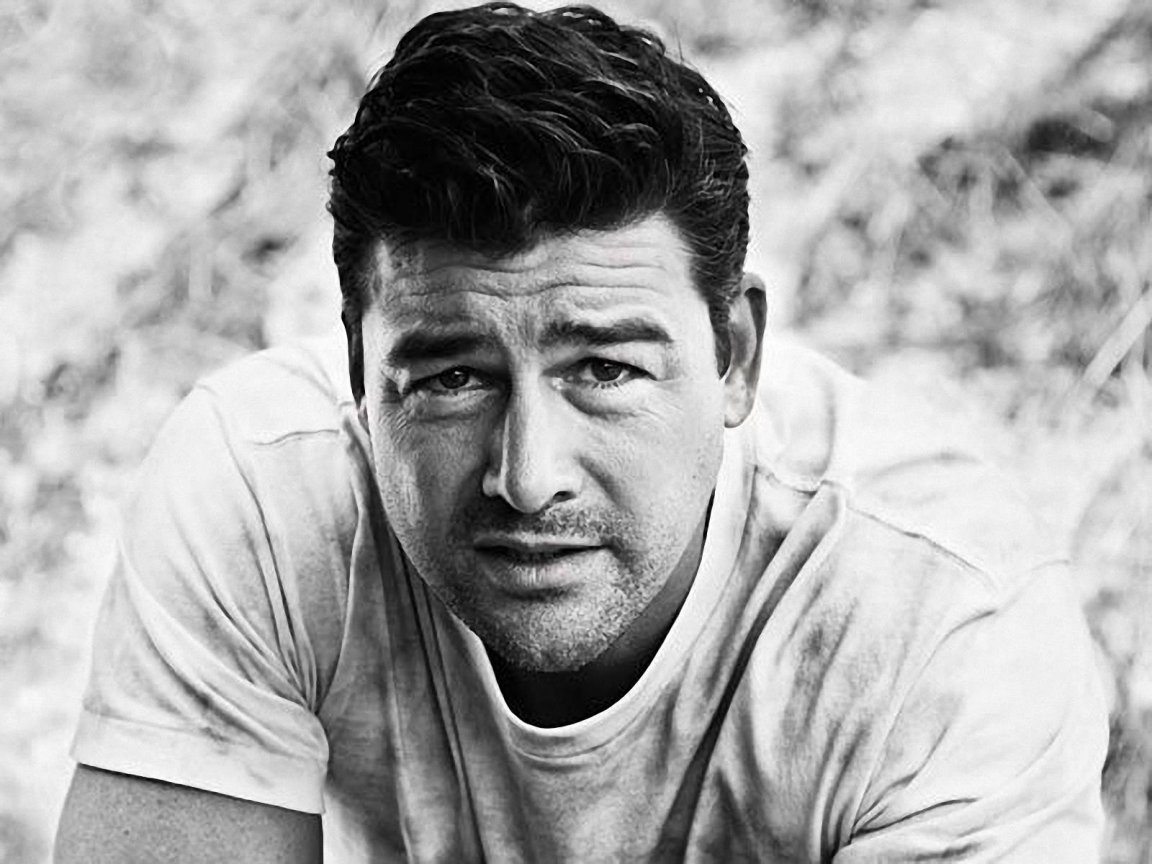
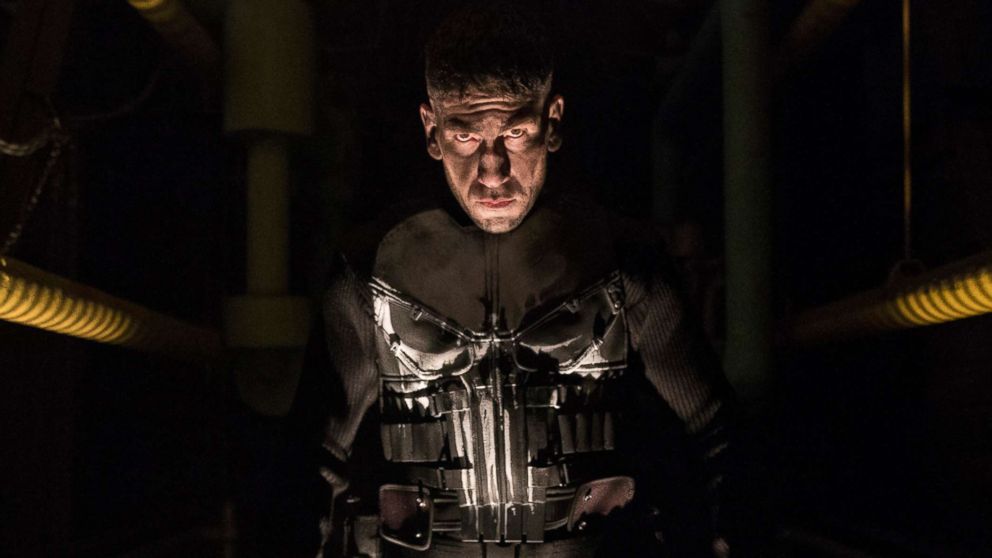


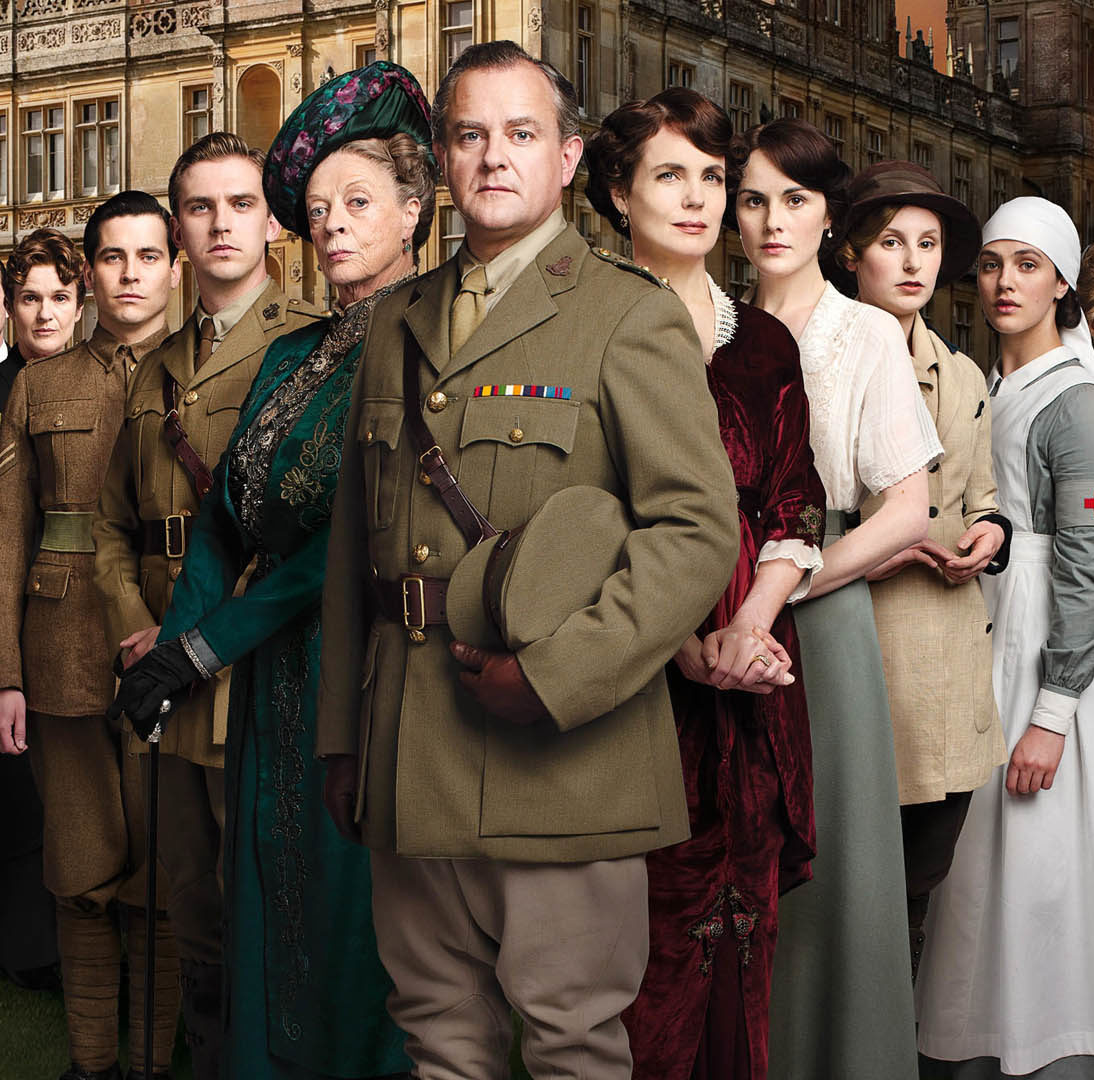



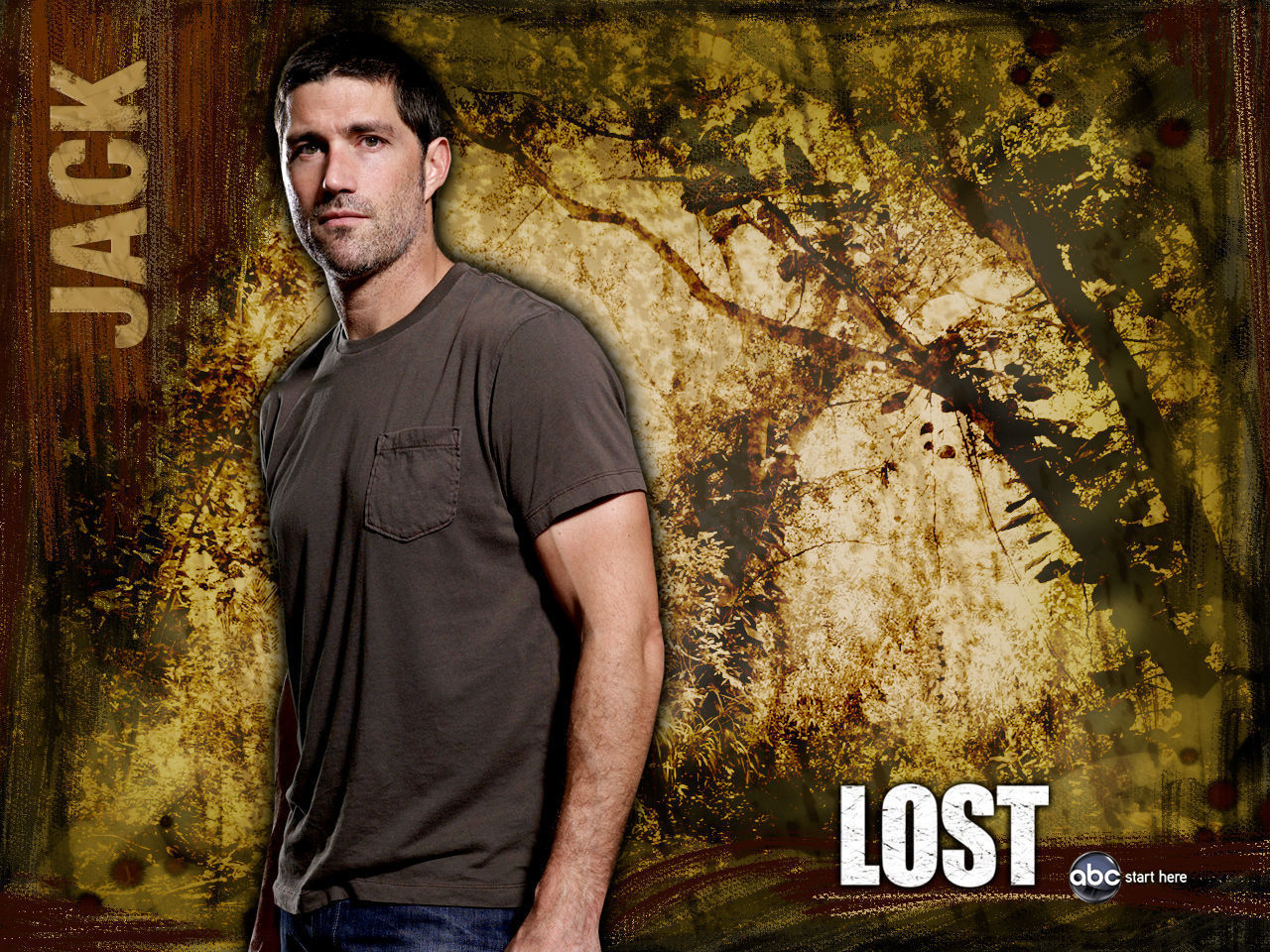
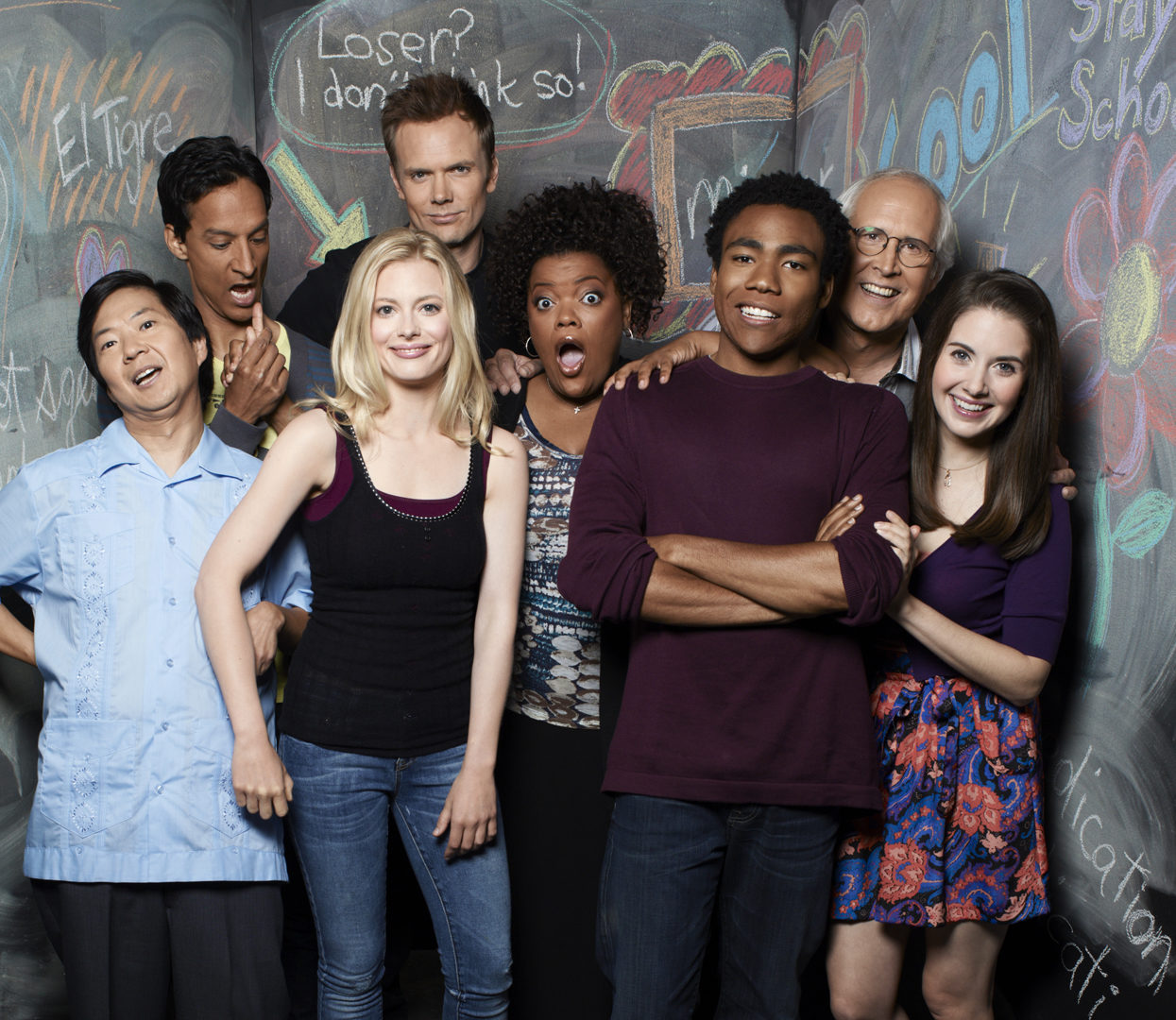
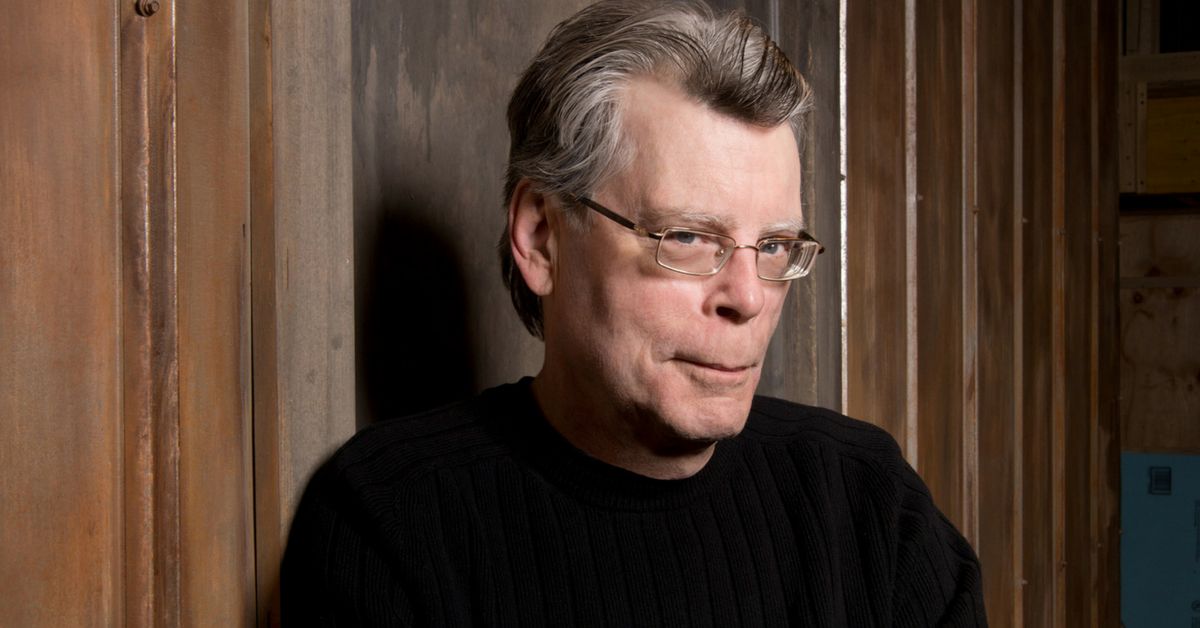
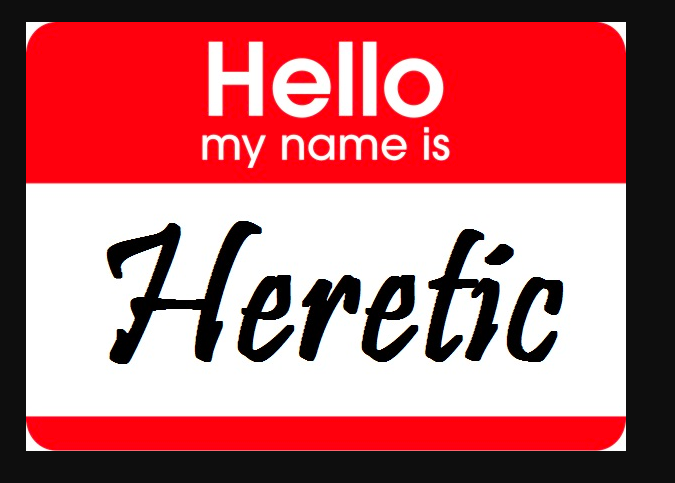
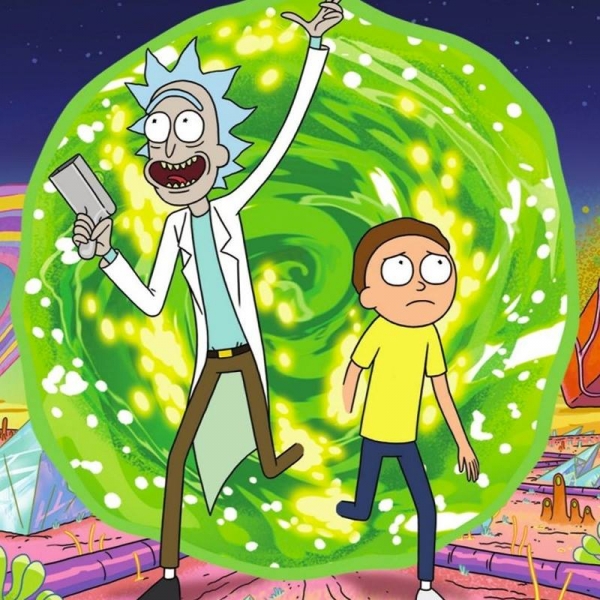
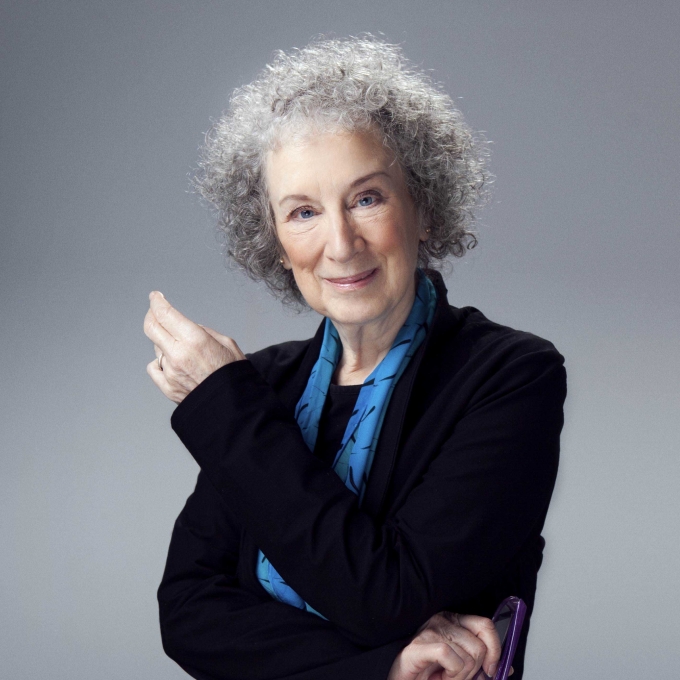
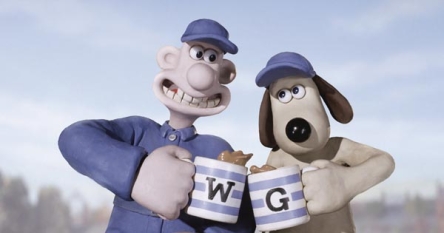

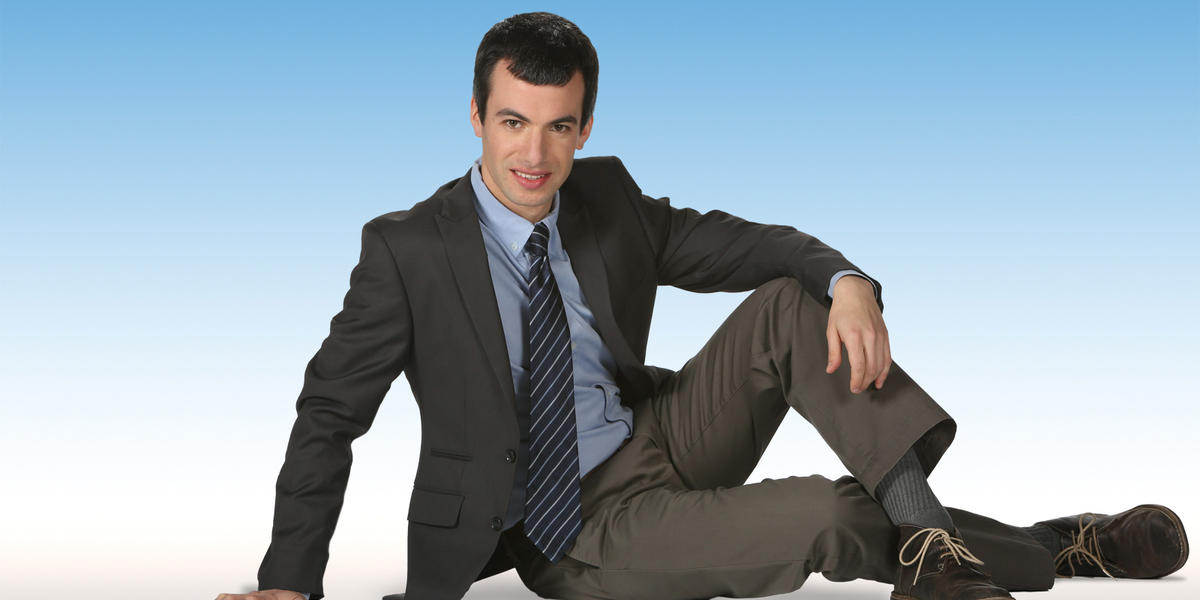

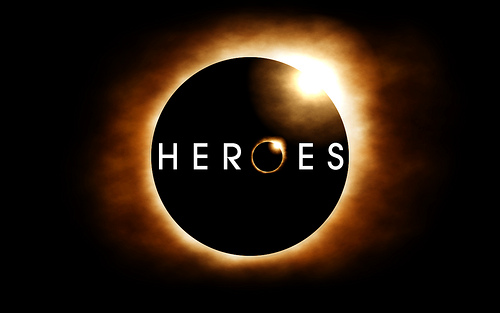
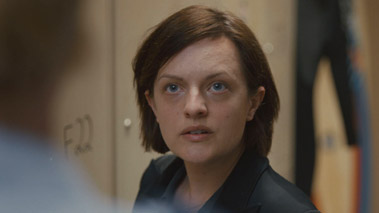
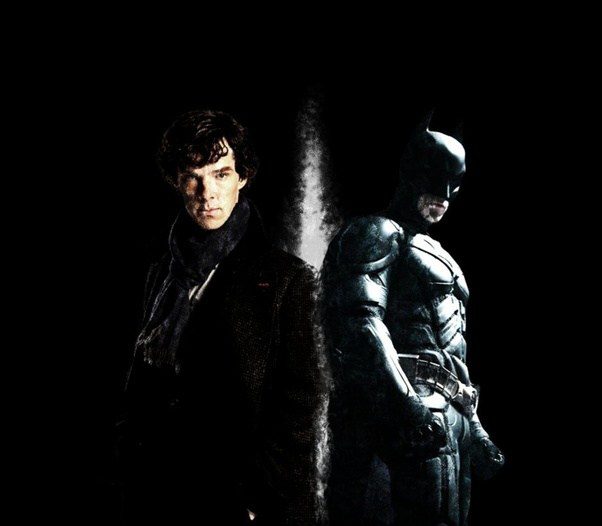



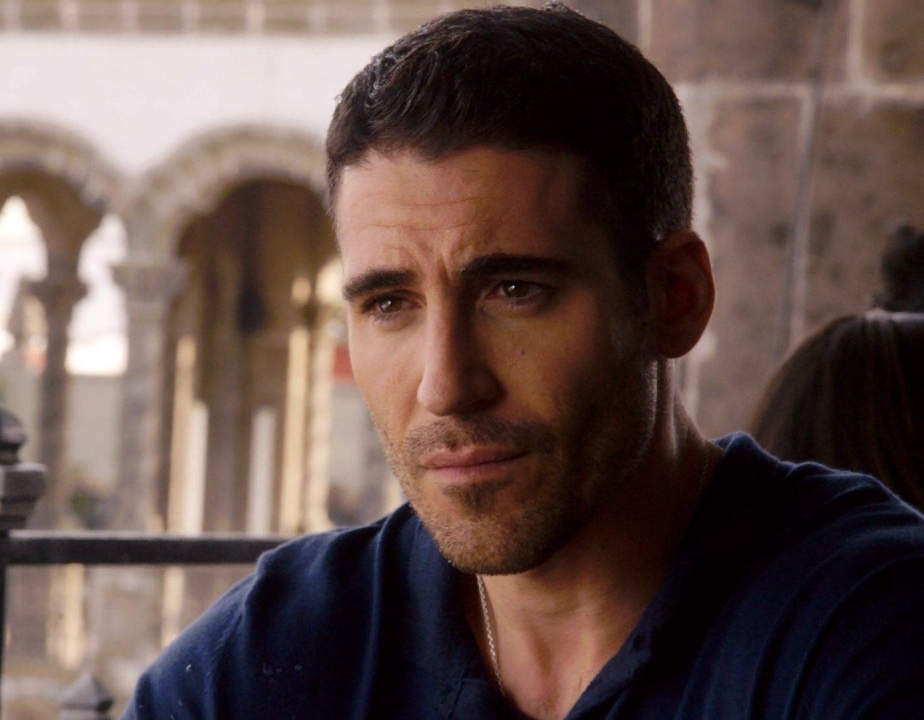



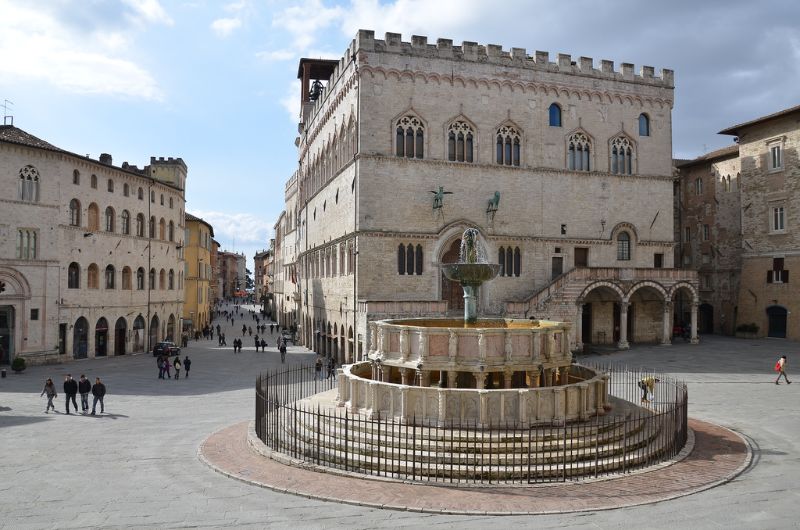
 A Successful and Proven Format
A Successful and Proven Format